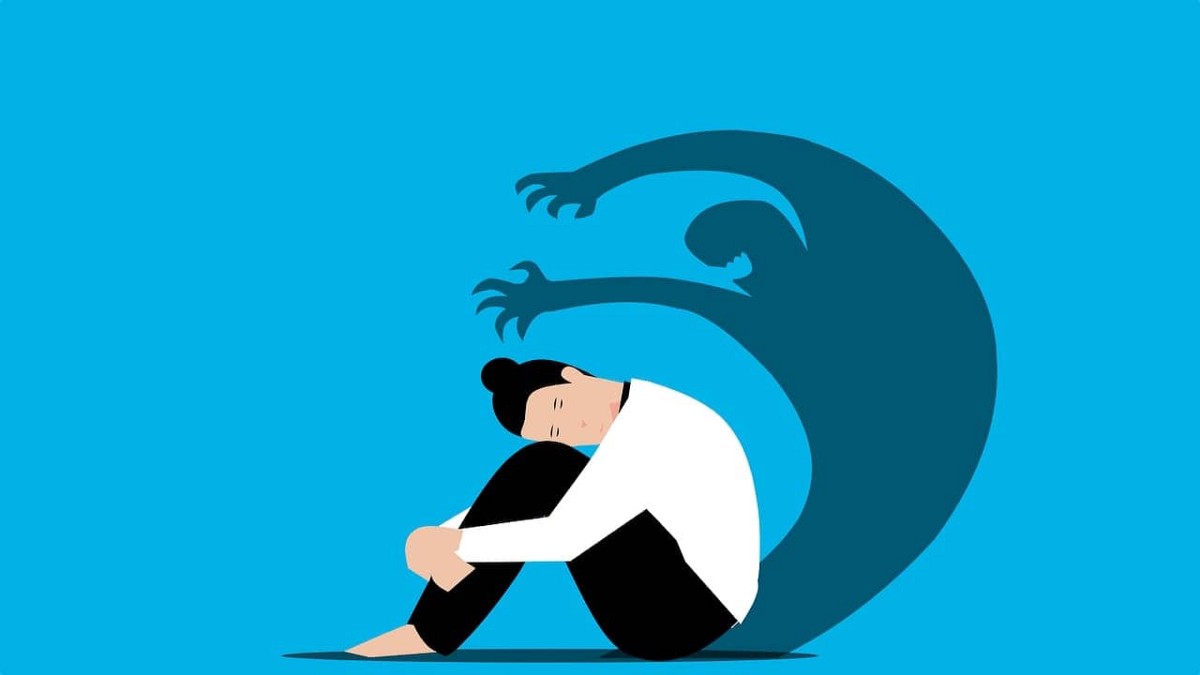
20 interesting facts about fear
- 👁️ 328
Fear is a universal emotion that every individual experiences at some point in their lives. It is a survival mechanism that helps us react to dangerous or threatening situations. However, fear can also become overwhelming and impact our daily lives. In this article, we will explore some interesting facts about fear and its effects on the human body and mind.
- Fear is a primitive emotion that is wired into our brains.
- The “fight or flight” response is a physical reaction to fear.
- Fear can cause physical symptoms such as increased heart rate, sweating, and shaking.
- Chronic fear can lead to anxiety and other mental health disorders.
- People can develop phobias, which are irrational fears of specific objects or situations.
- Fear can also affect memory, as the brain is more likely to remember events that are associated with fear.
- Fear can cause people to avoid situations that they are afraid of, which can limit their experiences and opportunities.
- Children are more susceptible to developing fears due to their lack of life experience and understanding.
- Fear can be contagious and spread through social learning.
- People with post-traumatic stress disorder (PTSD) can experience flashbacks, nightmares, and other symptoms related to fear.
- The amygdala, a small almond-shaped structure in the brain, is responsible for processing fear.
- People can overcome their fears through exposure therapy, cognitive-behavioral therapy, and other psychological treatments.
- Fear can be a motivator, driving people to take action and make positive changes in their lives.
- Culture and upbringing can influence how people perceive and experience fear.
- Certain phobias, such as arachnophobia (fear of spiders) or acrophobia (fear of heights), are more common than others.
- People can experience different levels of fear depending on their personality, temperament, and life experiences.
- The way people think about and react to fear can be learned and changed through therapy and self-reflection.
- Fear can be a double-edged sword, protecting us in dangerous situations but also limiting us and causing distress in everyday life.
- Some people may have a genetic predisposition to anxiety and fear.
- The experience of fear can be subjective and vary greatly from person to person.
These are just a few of the many fascinating facts about fear. Understanding the causes and effects of fear can help individuals better manage their emotions and lead happier, healthier lives.
Fear is a universal emotion that every individual experiences at some point in their lives. It is a survival mechanism that helps us react to dangerous or threatening situations. However, fear can also become overwhelming and impact our daily lives. In this article, we will explore some interesting facts about…